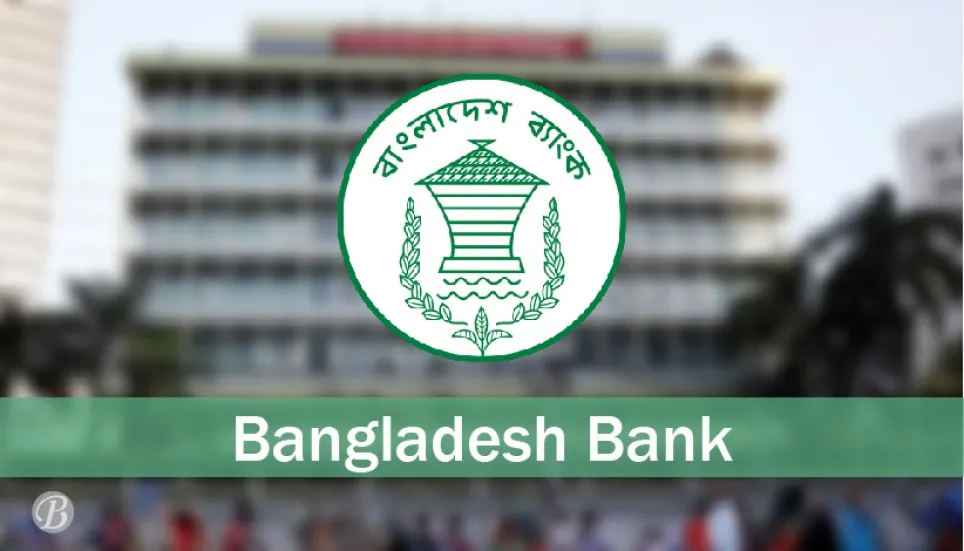
The Bangladesh Bank has further increased the policy interest rate to 9.50 per cent from the existing 9 per cent in a bid to tackle inflation. On Tuesday, the regulator issued a circular in this regard, mentioning that the new rate will come into effect from Wednesday.
At a press conference held back on Monday, Bangladesh Bank Governor Ahsan H Mansur had announced the decision to increase policy interest rate for the second time following the fall of Hasina regime.
It should be noted that the interim government had hiked this rate for the first time on August 25, raising it from 8.5 per cent to 9 per cent.
The governor had also said, “I am optimistic that inflation will come down to a better percentage by March-April next year. We cannot say how better the situation will be, but we will tighten policy until inflation comes down.
“We now have a stable exchange rate, and remittances are also increasing. Hopefully the exchange rate will remain stable in the coming days. If this can be sustained, then inflation will surely come down.”
Bangladesh witnessed 10.49 per cent inflation in August, a slight decrease from 11.66 per cent posted in July this year. Despite this decrease in August, the country still has the highest inflation among South Asian countries, including Pakistan.
Pakistan brought down inflation to 9.6 per cent and India 3.6 per cent in August. Sri Lanka is yet to publish their August data, but in July, the rate was 2.5 per cent.
The Bangladesh Bank informed that the overnight repo rate has been revised by 50 basis points to 9.50 per cent from the existing 9 per cent, in view of the decision to continue the contractionary measures of monetary policy.
Besides, to aid the liquidity management of banks, the upper limit of policy interest corridor has been increased by 50 basis points to 11 per cent, from the existing interest rate of 10.50 per cent in respect of the Standing Lending Facility (SLF).
Besides, the lower limit of the standing deposit facility (SDF) of the policy interest corridor has been revised to 8 per cent by 50 basis points from 7.50 per cent.
According to latest Bangladesh Bureau of Statistics (BBS) data, inflation rose to 11.66 per cent in July this year, which was highest ever since FY11. The 12-month average inflation stood at 9.73 per cent in FY24.
The Hasina government had set an inflation target of 7.5 per cent in the last financial year.